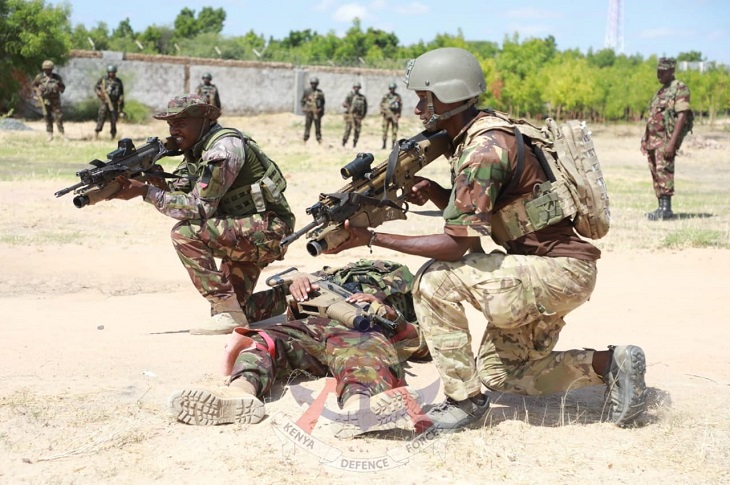The Kenya Defence Forces (KDF) has moved to clarify and defend its procurement process following a wave of false and misleading claims circulating online, which allege corruption and manipulation in the tendering process. The military says these claims not only misrepresent the reality but also dishonour the service and sacrifice of Kenya’s armed forces.
In a detailed public rebuttal, KDF emphasized that its procurement operations are conducted under the Public Procurement and Asset Disposal Act (PPADA), 2015, a robust legal framework designed to ensure transparency, accountability, and value for money. “No process operates outside this legal framework,” KDF said, adding that similar protocols are in place globally to safeguard national defence procurement.
The military clarified that, unlike typical civilian procurement, KDF tenders often involve classified protocols dictated by both national and international defense standards. These ensure that every acquisition—whether equipment, systems, or services—meets strict operational and security requirements. As such, only a limited pool of specialized and compliant firms, often global, qualify to participate, which can lead to the misconception of “closed” or unfair tendering.
“All suppliers must meet stringent quality, safety, and compliance benchmarks. We do not gamble with national security,” the statement read.
The Ministry of Defence further outlined that its procurement process is subjected to multiple layers of oversight, including from the National Security Council, the Public Procurement Regulatory Authority (PPRA), and both internal and external auditors. “Every coin is accounted for,” the military affirmed.
Addressing the claims that “powerful people” control the procurement process, KDF described such assertions as false and disrespectful. “Our officers serve with integrity and are bound by the highest standards of discipline,” the statement noted.
While acknowledging that classified, competitive, and confidential procedures are standard for security-related procurement globally, the KDF also pointed out that, where appropriate, tenders are publicly advertised on the Ministry of Defence website and the Public Procurement Information Portal to maintain transparency.
The military warned against confusing security sensitivity with secrecy or corruption, adding that such mischaracterizations threaten public trust in institutions that are constitutionally mandated to protect the country. “The integrity of our armed forces must not be undermined by unfounded claims,” the statement emphasized.
KDF reiterated that its procurement process is not just a bureaucratic exercise, but a matter of national security and sovereignty. “We cannot afford mediocrity or shortcuts. National security comes first. Always.”
Related Content: Honest Conversations On Kenya’s Defence Spending: Why Modernization Matters

